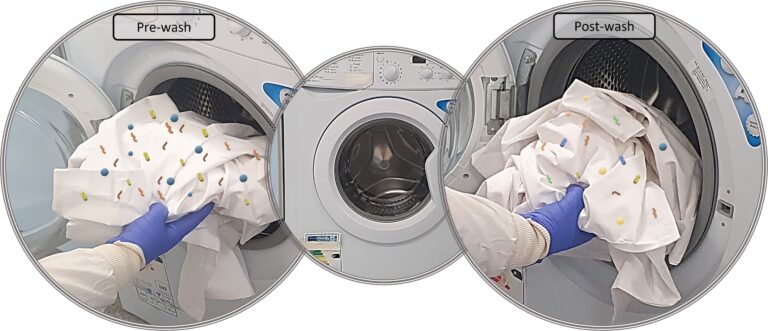Health officials confirm Hawaii’s 7th dengue case this year – Honolulu Star-Advertiser
2025-04-17T20:56:35Z
The Hawaii Department of Health today confirmed another travel-related case of dengue on Oahu, bringing the total number in the state to seven so far this year.
The Hawaii Department of Health today confirmed another travel-related case of dengue on Oahu, bringing the total number in the state to seven so far this year.
The latest case comes just about a week after the fifth and sixth cases of dengue were reported on Oahu.
Health officials said the affected individual was exposed to the virus while traveling in a region where dengue is common, and that this case is not related to cases reported on April 10 and 11.
Teams were deployed to the affected area on Oahu, which the Health Department did not disclose, to implement mosquito control measures.
To date, there have been six cases on Oahu and one on Maui.
Dengue is a viral illness spread by mosquitoes, which can be transmitted from an infected person to a mosquito to a person. While Hawaii is home to Aedes mosquitoes, which can carry dengue, the disease is not endemic, or established in the state.
Don’t miss out on what’s happening! Stay in touch with breaking news, as it happens, conveniently in your email inbox. It’s FREE! Email Sign Up By clicking to sign up, you agree to Star-Advertiser’s and Google’s Terms of Service and Privacy Policy. This form is protected by reCAPTCHA.
Symptoms include the sudden onset of fever, severe headaches, nausea, vomiting, muscle and joint pain, and rash, which typically last two to seven days, state health officials said. While severe illness can occur, most people recover within a week.
Anyone planning to travel to an area with dengue risk is vulnerable, according to health officials.
Dengue is a year-round risk in the tropical and subtropical areas of Central and South America; popular tourist destinations in the Caribbean, including Puerto Rico; Asia; the Middle East; Africa; and several Pacific Islands, including American Samoa, Micronesia, the Marshall Islands and Palau.
The Centers for Disease Control and Prevention has listed countries reporting higher-than-usual numbers of cases or higher-than-expected cases among returning U.S. travelers.
CDC advises travelers to areas with risk of dengue to prevent mosquito bites by using an EPA-registered insect repellent, wearing long-sleeved shirts and long pants when outdoors, and sleeping in an air-conditioned room or a room with window screens.
If symptoms develop within two weeks after a trip, residents should seek medical advice from a health care provider.
Auto-posted from news source






